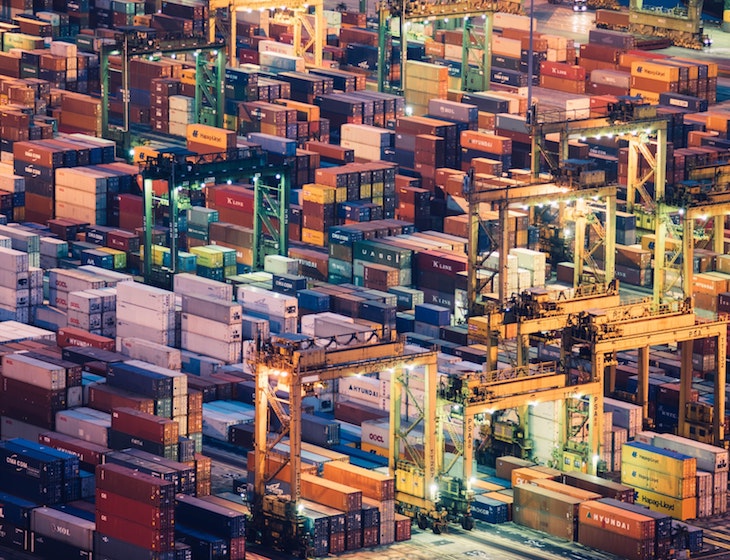
Container shipments from Asia and the Indian Sub-Continent to the UK and Europe continue to be subject to logistical challenges resulting from global disruption and congestion at ports.
Our last update informed customers about how Chinese New Year would provide temporary respite to the ongoing port congestion and logistical challenges of shipments from Asia. With China now back to work after the New Year holiday we have seen demand pick up immediately and return to stressed supply chains on the Asia-Europe and Asia-US trade lanes. An increasing number of vessels are facing significant delays on the US West Coast resulting from a shortage of vessels and containers. Carriers are responding to this by shifting capacity and prioritising equipment to the transpacific trade lanes. As a result, we are seeing the same schedule integrity challenges we faced before Chinese New Year persist.
Colombo Port Congestion
We are continuing to see port congestion at many major ports across the world. A significant area of congestion at present, is the major hub port of Colombo in Sri Lanka.
Colombo port handles cargo from the Indian Sub-Continent, connecting larger vessels to destinations in Europe. Due to a build-up of containers in Colombo we are seeing acute congestion at the port. The severe congestion is preventing the feeder network from working optimally, which is only running at approximately 40% capacity overall. The knock on effect is impacting Bangladesh particularly, where there are upwards of 10,000 containers waiting to depart from its port.
This is creating unavoidable delays in the movement of goods from Southern India and Bangladesh as well as Sri Lanka itself. In an attempt to get hold of the situation, Colombo port authorities are taking control of load-plans to ensure the longest-standing containers are moved from the port first in order to clear the backlog. New bookings, as a result, are subject to unavoidable delays.
Despite these challenges we would like to reassure our customers that we are working to limit the impact as much as possible. We will keep you updated of further developments as and when they happen.
We would like to thank all of our customers once again for their understanding during this challenging period.


